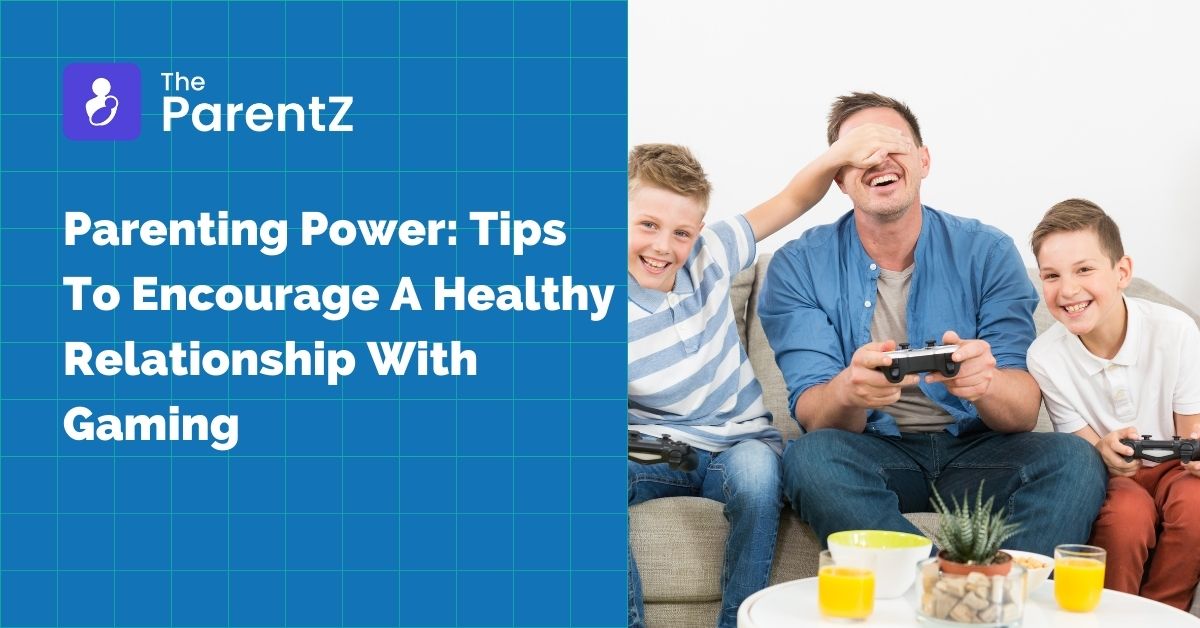The truth is, gaming is a big part of your kid’s life, and we’re sure it is certainly a cause for concern for every parent. If you have tried out every tactic for keeping your kiddo away from video games, you certainly need to focus more on ensuring a healthy relationship with your child with gaming than completely restricting it.
But doing so when your child is totally glued to their gaming devices can be tricky. Read below this article to explore some of the most basic tips on how you can encourage your little one to maintain the right balance between gaming and day-to-day activities.
Set healthy boundaries
Similar to other activities, gaming too needs some limits to be set regarding how long your little ones can play. Being strict with these boundaries helps maintain a balance in their gaming habits while simultaneously making time for other activities, such as studying, learning, or family time.
Encourage a variety of activities
Though gaming seems fun, don’t let your child stick to video games the entire day. Make sure they’re maintaining the right balance and have the opportunity to enjoy other activities and hobbies like sketching, reading, and outdoor play as well. This helps ensure your little one is not too dependent on gaming and has a well-rounded lifestyle.
Be his role model
The fact is that children learn better through examples, and parents are the role models of their lives. Therefore, it is important for you to set up a positive gaming relationship with yourself by setting up a time limit for gaming or engaging in other activities too. This way, your child will follow what you do yourself.
Gaming-Free Zones at Your Home
Creating gaming-free zones at home is a fantastic approach when it comes to limiting your kid’s screen time. For example, you can designate your bedroom or dining areas as gaming-free zones so that gaming doesn’t interfere with sleeping or eating patterns. On the other hand, you can ask your kids to engage in gaming only in common sitting areas so you’re able to monitor their screen time better.
Promote social interaction
Gaming doesn’t always need to be a solo activity. You can ask your kids to engage in multiplayer games with family members or friends instead to provide opportunities for social interaction. This ensures your kids play in a safe environment while developing a sense of teamwork and collaboration from a young age.








Be the first one to comment on this story.